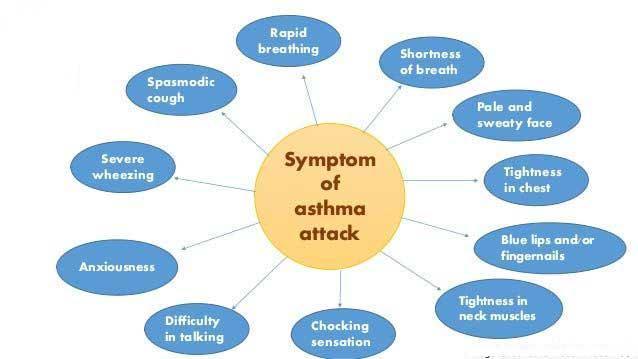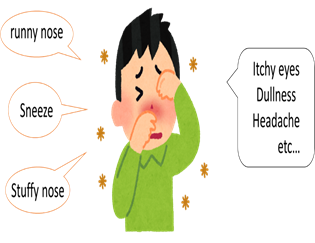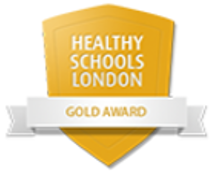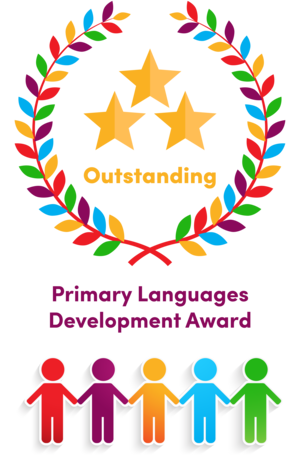Managing Asthma
How Can I Manage My Child's Asthma?
For most kids with asthma, their symptoms can be controlled sometimes so well that flare-ups are rare. But learning about asthma (what treatments to take and when, what triggers to avoid and when) can be the hardest part of asthma care.
Have a plan and stick to it
Your child should have an asthma action plan. These written instructions from the doctor give clear, step-by-step directions on what medicines to take and when, how to avoid triggers, what to do between flare-ups, and how to recognise and manage them if they happen. By following this plan, you will learn how to care for your child and when to call the doctor for help.
Identify and avoid triggers
Triggers are things that can bother airways and lead to an asthma flare-up. Common triggers are allergens like pollen and mould, weather changes, and viral infections (like the common cold). Finding your child's triggers can take some detective work, but it's worth it. The doctor can help too — for instance, testing your child for allergies if you think they're making the asthma worse. When you know your child's triggers, help your child avoid them as much as possible.
Medical Treatments
Asthma is usually treated by using an inhaler, a small device that lets you breathe in medicines.
The main types are:
- Reliever inhalers – used when needed to quickly relieve asthma symptoms for a short time.
- Preventer inhalers – used every day to prevent asthma symptoms occurring.
Don't take more medication than prescribed without consulting your doctor first. Overusing asthma medication can cause side effects and may make your asthma worse.
For more details, please follow the link below:
https://www.nhs.uk/conditions/asthma/

Hay fever
Runny noses and itchy eyes are incredibly annoying and can make children feel pretty miserable, what causes hay fever and how can parents help their little ones cope?
When symptoms peak
Symptoms are normally worse in the early mornings and late afternoons between late March and September, when it is warm, humid and windy, and the pollen count is high. Symptoms will vary depending on weather; clear, dry days see higher pollen levels, while cool, wet days have lower levels as the rain washes pollen from the air.
How can parents help?
There is no cure for hay fever but there are ways of managing symptoms, which apply not just for children but adults too. Keep an eye on the pollen count and plan indoor activities if possible when counts are very high you or your child who suffers from hay fever do go outside, try to change and wash clothes when you come back indoors. This will reduce the amount of pollen surrounding you and spreading around the house. For example, giving your child a shower or bath when they're home from school may help to remove pollen.
Other tips include staying away from cut grass and flowers, and avoiding catkins on hazel, Alder or Silver birch trees when they are pollinating if you are allergic to those species. Allergy testing can help define which pollens are triggering symptoms, and whether symptoms are mainly caused by allergy or not.
Some people find relief by soothing itchy, swollen eyes with cotton wool soaked in cold water, and using petroleum jelly or barrier balm around the nostrils to trap pollen. Antihistamines are available from the pharmacy without prescription in the form of drops, tablets or liquid. Nasal sprays are also helpful at alleviating symptoms.
For more details, please follow the link below
https://www.nhs.uk/conditions/hay-fever/










